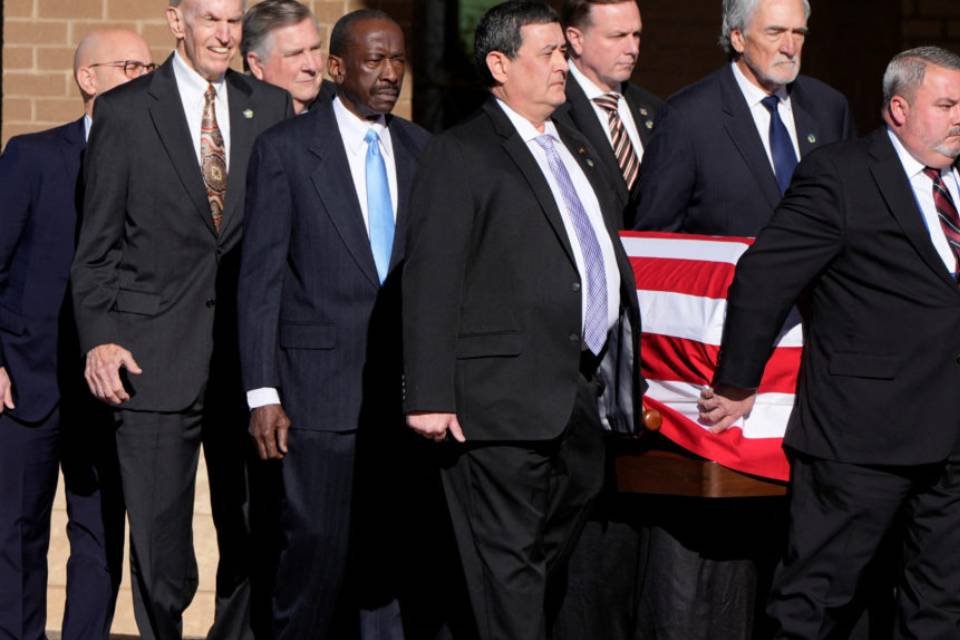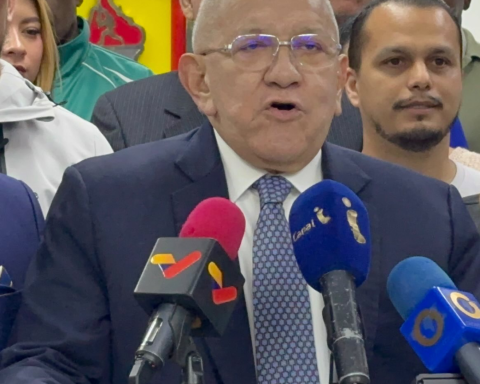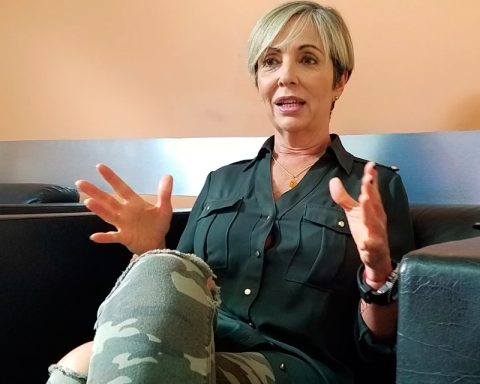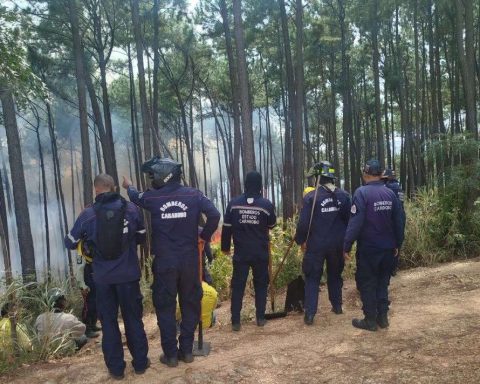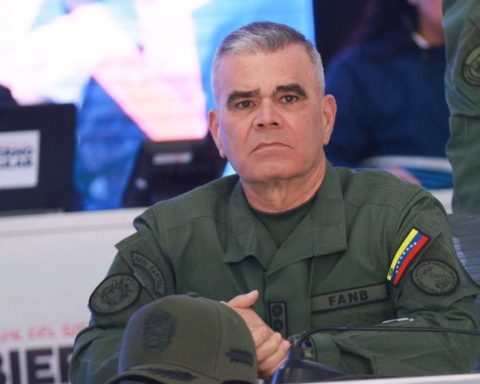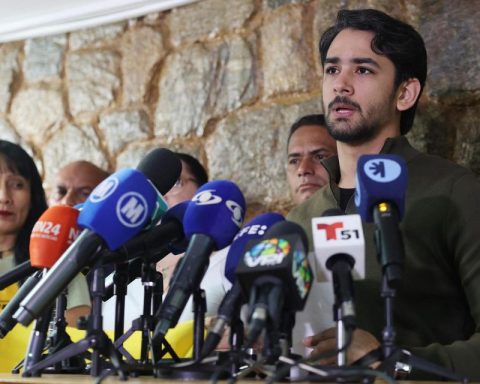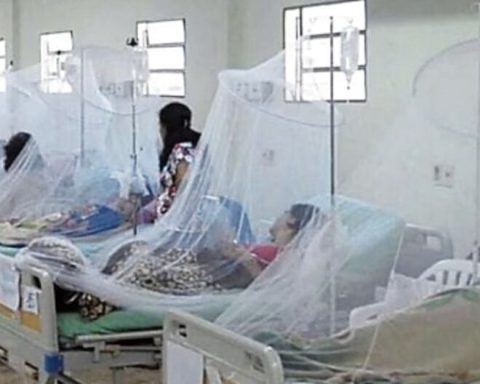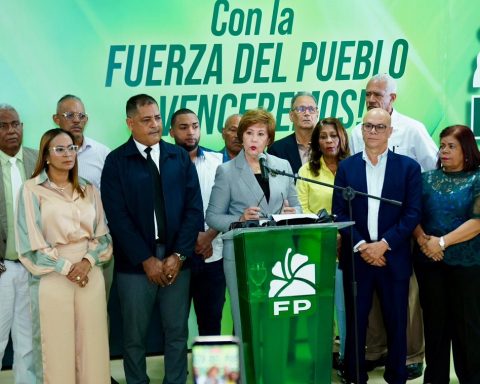Jimmy Carter was born in Plains on October 1, 1924 and lived there most of his life. This Saturday, mourners lined the main street, some with bouquets of flowers and buttons with images of the former president
The public’s long goodbye to Jimmy Carter, former president of the United States, began this Saturday, January 4, in Georgia.
Thus, the 39th president’s casket, draped in the American flag, toured his small hometown and passed his childhood farm on its way to Atlanta, where he ascended the political ladder. Also there, Carter based his long humanitarian work after leaving the White House.
*Read Also: Former United States President Jimmy Carter dies at 100
As spread AP, andhe six-day state funeral for the former president began in Americus, at Phoebe Sumter Medical Center. There current and former Secret Service agents who protected Carter loaded his remains into a black hearse and walked alongside him as he left campus toward Plains.
Meanwhile, Carter’s children, grandchildren and great-grandchildren accompanied their patriarch, a sad train whistle filling the air as the pallbearers looked at the hearse, hand on heart, for a final farewell.
Jimmy Carter was born in Plains on October 1, 1924 and lived there most of his life. This Saturday, mourners lined the main street, some with bouquets of flowers and buttons with images of the former president.
Carter passed away on December 29 at the age of 100.
“We want to pay tribute to him,” said 12-year-old Will Porter Shelbrock, who was born more than three decades after Carter left the White House in 1981. “He was ahead of his time in what he tried to do and accomplish.”
Shelbrock had the idea to make the trip to Plains from Gainesville, Florida, with his grandmother, 66-year-old Susan Cone. He said he admires Carter for his humanitarian work building homes and promoting peace, and for speaking out about global warming before the climate crisis was part of routine political discourse.
Carter, a southern president
Willie Browner, 75, described Carter as coming from a bygone era of American politics.
“This man thought about more than just himself,” said Browner, who grew up in the town of Parrott, about 15 miles (24 kilometers) from Plains, before moving to Miami.
For him it means “a lot” to have a president like Carter, from a small southern town like his, and he is concerned about the low probability of this happening again.
Indeed, Saturday’s procession was intended to reflect Carter’s deep rural roots and his remarkable rise to the world stage as a political leader, global advocate for democracy and human rights, and winner of the Nobel Peace Prize.
Over a few blocks in Plains, the motorcade passed near where Carter and his late wife Rosalynn, who died in November 2023, ran the family’s peanut warehouse, and the small house where his mother, a nurse, helped deliver the future first lady in 1927. The hearse passed the old train depot that served as headquarters for Carter’s 1976 presidential campaign, a modest effort that depended of public financing, in contrast to the multi-billion dollar presidential campaigns in 21st century America.
Leaving the center, the procession passed by the house where Jimmy and Rosalynn Carter died. It is the same single-story house the couple built before their first Senate campaign in 1962, and their life there was only interrupted by the four years they spent in the Georgia Governor’s Mansion and the four years in the House White.
The former president was then honored by the National Park Service in front of the family farm, now part of the Jimmy Carter National Historical Park.
Next to the house still stands the tennis court that Carter’s father, James Earl Carter Sr., built for the family, a nod to the mix of privilege and tough rural life that defined the future president’s upbringing. Carter worked on his father’s farm during the Great Depression, but it was land that the elder Carter owned, and the family was surrounded by black tenants in the era of Jim Crow segregation.
Additionally, the caravan was heading to Atlanta this Saturday afternoon to dedicate a moment of silence in front of the Georgia Capitol and take part in a ceremony at the Carter Presidential Center.
There, Carter will rest until Tuesday morning, when he will be transferred to Washington to remain physically present at the United States Capitol. His state funeral will be held Thursday, Jan. 10, at Washington National Cathedral, followed by a return to Plains for a private funeral at Maranatha Baptist Church.
*Journalism in Venezuela is carried out in a hostile environment for the press with dozens of legal instruments in place to punish the word, especially the laws “against hate”, “against fascism” and “against the blockade.” This content was written taking into consideration the threats and limits that, consequently, have been imposed on the dissemination of information from within the country.
Post Views: 320
